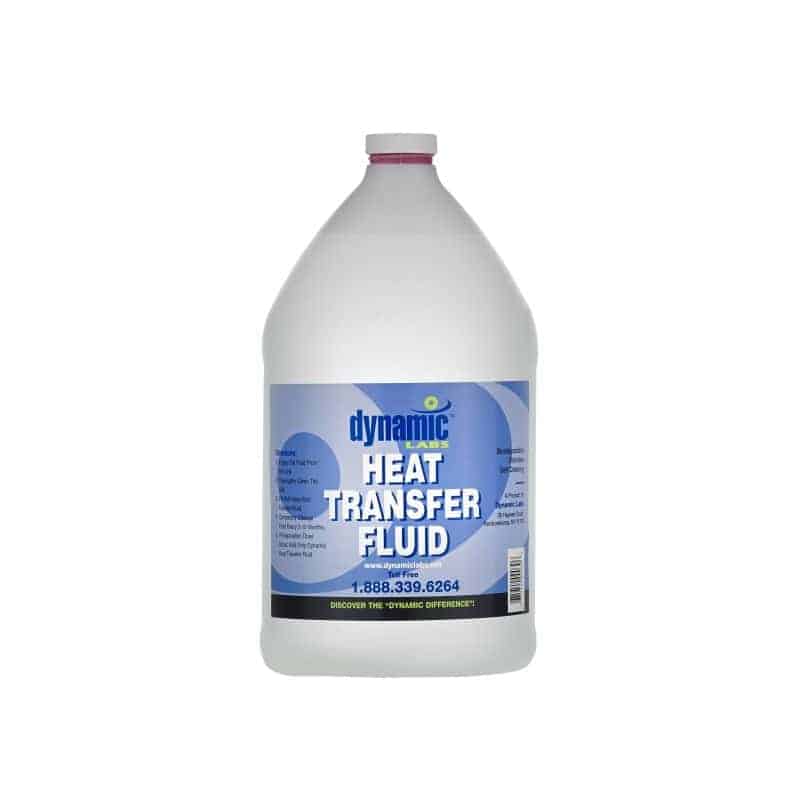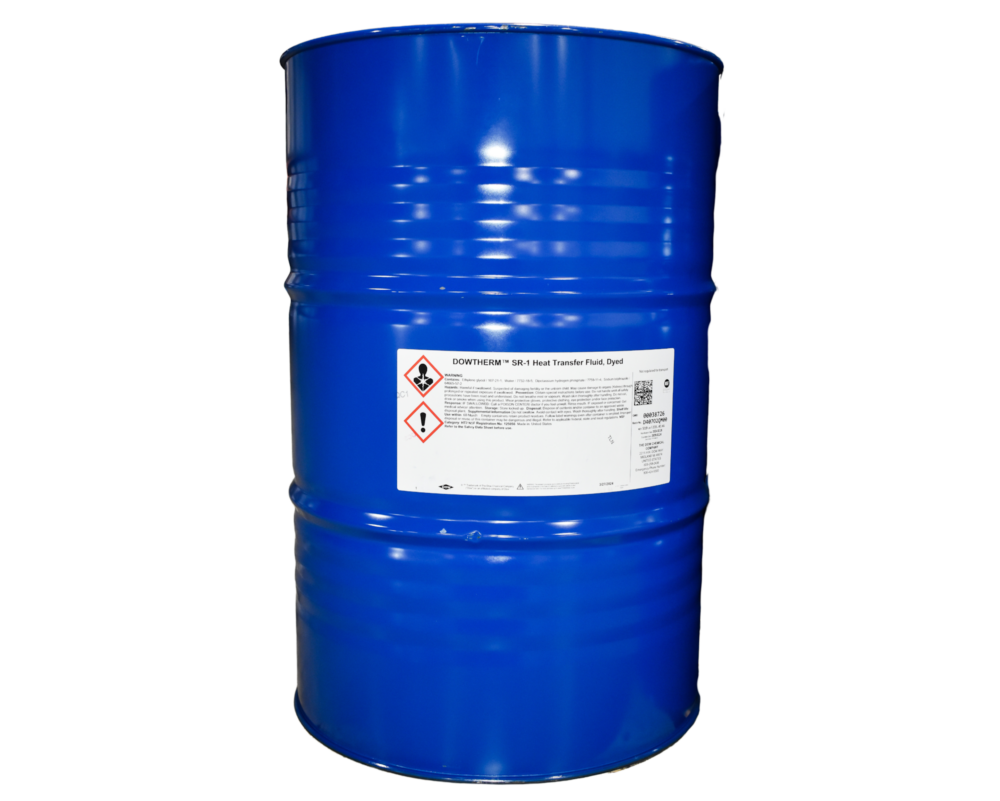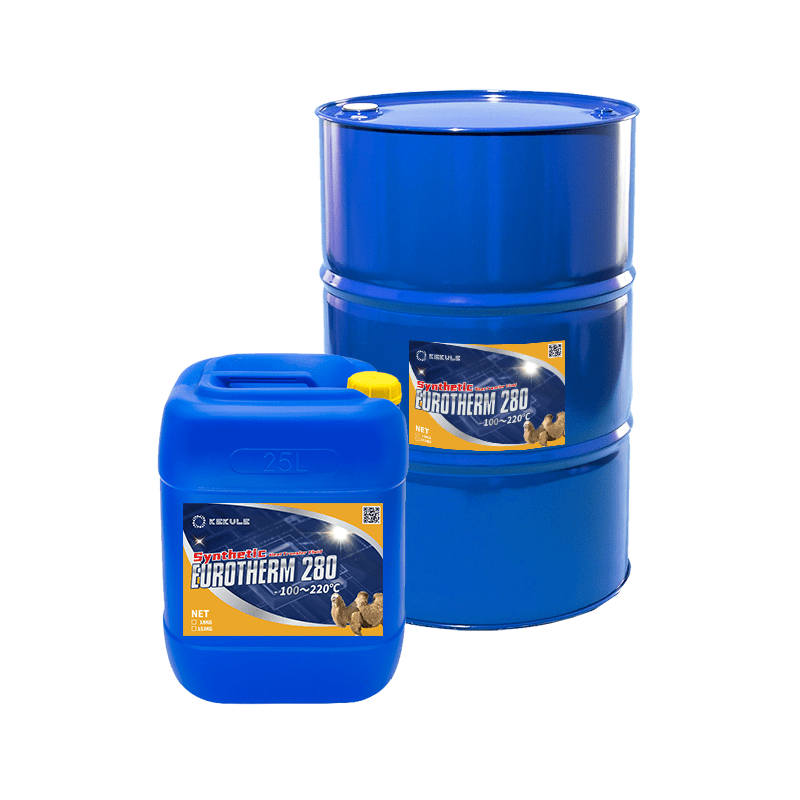Exactly how to Pick the Best Heat Transfer Fluid for Industrial Applications
Exactly how to Pick the Best Heat Transfer Fluid for Industrial Applications
Blog Article
Why Warmth Transfer Fluid Is Crucial for Optimizing Power Transfer in Systems
The function of warm transfer liquids in maximizing energy transfer is critical for accomplishing reliable thermal management across different commercial fields. These fluids help with seamless warm exchange, ensuring processes operate within optimal temperature varieties and alleviating the threat of getting too hot. Their option, based on factors like viscosity and thermal stability, directly influences the efficiency and sustainability of a system. However, the complexities of selecting the ideal fluid are commonly taken too lightly. What are the critical considerations for this selection, and just how do they influence both financial efficiency and ecological obligation in industrial applications?

Duty in Thermal Monitoring
Warmth transfer liquids play a critical duty in thermal monitoring by effectively controling temperatures in various industrial procedures and systems. These specialized liquids assist in the transfer of warm between different parts, making certain optimum operating problems and avoiding overheating. By maintaining specific temperature level control, warm transfer fluids allow markets such as chemical manufacturing, oil and gas, and power generation to operate safely and efficiently.
The choice of a suitable heat transfer fluid depends on several factors, consisting of thermal stability, heat ability, and viscosity. High thermal stability makes certain that the fluid can withstand severe temperatures without degrading, while a high warmth capacity permits it to take in and release considerable amounts of warmth - heat transfer fluid. Low thickness decreases the power required for pumping, adding to general system efficiency
In addition, heat transfer liquids are essential in applications like refrigeration, where they aid take in and dissipate warmth during the cooling cycle. In solar thermal power systems, these fluids capture and transportation solar heat to produce electrical energy or provide warm water. Their adaptability to diverse operating problems and ability to keep consistent thermal efficiency underscore their relevance in industrial thermal administration, facilitating operational continuity and boosting precaution.

Enhancing System Effectiveness
To make the most of the advantages of thermal monitoring, boosting system efficiency through the calculated usage of warmth transfer fluids is critical. By preserving ideal temperature level degrees, warmth transfer fluids help guarantee that systems operate within their developed specifications, therefore avoiding overheating and decreasing the danger of element failure.

Kinds Of Warm Transfer Fluids
The diversity of heat transfer fluids underscores their vital role in a series of commercial applications, each customized to fulfill certain thermal administration demands. These fluids help with efficient energy transfer and are picked based upon crucial residential properties such as thermal security, viscosity, and heat ability. The key kinds include water, glycol solutions, oils, and synthetics, each offering distinctive benefits.
Water is the most usual warm transfer medium due to its high details warm ability and low price. Mineral oils are favored for their thermal security and non-corrosive nature, making them appropriate for high-temperature applications.

Artificial fluids, including silicone and fragrant substances, provide phenomenal thermal stability and are utilized in atmospheres requiring severe temperature arrays. These liquids guarantee premium performance in systems where traditional fluids may fall short. The selection of a heat transfer fluid is essential, as it influences system effectiveness, safety and security, and long life. Each kind must be selected to straighten with the operational demands and the details problems of the application it offers.
Environmental and Economic Conveniences
Making use of the best heat transfer liquids provides considerable ecological and economic advantages for industrial operations. Ecologically pleasant warmth transfer fluids, usually naturally degradable and safe, minimize the danger of dirt and water contamination in the occasion of leakages or try this spills, therefore safeguarding ecosystems and conforming with rigorous environmental laws.
Financially, the appropriate heat transfer liquid can significantly reduce operational costs. Liquids with extended lifecycle performance decrease the regularity of substitutes and upkeep, decreasing downtime and connected costs. In general, the strategic usage of ideal heat transfer fluids supports lasting his response economic development and environmental stewardship.
Choosing the Right Liquid
Exactly how does one browse the intricate process of choosing the ideal warm transfer liquid for industrial applications? Thermal security makes certain the fluid can hold up against high temperature levels without weakening, while compatibility protects against corrosion or other detrimental responses with system components.
Furthermore, the liquid's warmth capacity and thickness are vital. A high warm ability permits the liquid to take in and transfer more power, improving effectiveness.
Verdict
The calculated choice and application of warmth transfer fluids are essential to maximizing power transfer throughout different systems. By ensuring high thermal stability and capability, these liquids give specific temperature control and improve overall system effectiveness. This optimization adds to decreased operational costs and reduced greenhouse gas discharges, thus promoting sustainability. The option of fluid, customized to certain thickness and functional demands, is critical for optimizing efficiency and achieving economic and environmental advantages in industrial processes.
Report this page